|
5/8/2020 3 Comments Body Tools for Anxietyby Alison Chan, Craniosacral Therapist "Anxiety is nothing more than sensation in the body that we cannot manage, contain, and resolve, and release." (Irene Lyon, Somatic Experiencing practitioner)
Today's post is the first of a series on understanding anxiety and addressing it through your body. Each time, I'll include one or two simple things you can do to help yourself feel calmer and more grounded. Part 1: Your Body, the SurvivorSo maybe you're working from home now but it's hard to sit still because you feel antsy. You might be having trouble focusing on tasks -- even sometimes literally, if your vision feels blurry. Or you know you have several things you could be doing right now but you feel kind of stuck and can't settle on one to tackle. These are all signs that your body's in a survival state. At times like that, our nervous systems can feel really disregulated. And no wonder! We are currently in a situation where life and death is on the line; many of us don't know how we're going to cover the cost of living; our lives have been turned upside down. It's a hugely uncertain time. At the same time, all these symptoms are actually part of an amazing survival strategy that your body has kicked into gear to protect you, through fight, flight or freeze (or a combination). The problem is that this nervous system response is only meant to last as long as a brief threat -- say, an attack by a cougar -- and then get dissipated in various ways. But when the stress is ongoing, we have no way of discharging these energies and returning to a more regulated state. That's where working with our bodies can help. Over the next few weeks, I'll be introducing a series of actions you can take to downshift your feelings of anxiety. You'll help your nervous system to take a break and hopefully experience some moments of calm! Exercise: Feet, Seat, Breath Body ScanYou'll feel a difference immediately, and the more you do it, the more it helps to keep you grounded and keep your nervous system regulated. For the first few times, try it sitting or lying down. Then you can adapt it for standing (say, for instance, standing in line).
That’s it! Stay tuned for the next post on using movement to help with anxiety.
3 Comments
Feeling exhausted, overwhelmed, low or irritable? Not feeling like yourself? You’re not alone. Burnout is the new epidemic. Social media is full of articles describing different kinds of burnout in different ages and stages of life. Article upon article retells the same theme: how the thirty-something can’t send the piece of mail that’s been sitting on his kitchen table for 3 months, how the working mom-of-three can’t bother to cook home meals for herself, how the CEO has been making irrational decisions that puts the company at risk. The solution touted by wellness experts is to do more yoga and meditation, to practice self-care, to ask for help, to take more vacation time. While I advocate these techniques for my patients all the time, unfortunately, they’re just that: techniques. These tactics often fall by the wayside when huge work project deadlines are looming, or when the kids need to get from school to activities, or when an aging parent needs extra care. Our medical and social support systems need to recognize burnout from all facets. There are physical, mental, emotional and economic aspects to burnout. Until things change in our corporate and family lives, until we have flexible work schedules and don’t feel enslaved by our smartphones; until we don’t feel obligated to respond to emails at all hours of the day and night, until we have enough reasonable, affordable child care, or can afford to spend time with our children, and until we feel not only like we have a safety net, but enough support, all we can do is help ourselves manage the damaging effects. Health care providers like myself can offer help to get you through and repair the systems damaged by stress until some room is made in your life for true rest and healing. Here is how stress and burnout affect your hormones and what you can do about it. Stress and burnout rob you of energy There are a few mechanisms by which this phenomenon occurs. First, stress blocks thyroid function at two different levels: at both the level of the brain and the thyroid, which leaves you feeling cold, tired, depressed, and overweight, among other things. Second, chronic stress and burnout means a lowered Cortisol Awakening Response, which is how your stress hormones rise in the morning to help wake you up. If you can’t drag yourself out of bed in the morning, that’s chronic stress and burnout at work! Stress and burnout throw your hormones off balance Horrible pre-menstrual symptoms, from anxiety and depression to bloating, swelling, cramps and cravings, are zero fun. I’ve seen stress disrupt the delicate balance between estrogen and progesterone—a phenomenon called Estrogen Dominance which is responsible for unpleasant symptoms such as mood swings, headaches, and breast tenderness. Stress also makes the transition into menopause a much bumpier ride; hot flashes, mood issues, and dryness tend to be much worse when you’ve been stressed for a long time. If you want to see the effect that stress has on your hormones, take note of your cycle 3 months after an extremely stressful period. Since hormone receptors take about 3 months to respond to hormonal fluctuations, your period can be heavier, lighter, or even absent 3 months after a stressor. Stress and burnout ruin your sleep Most of my patients struggle with their sleep in some way. Some can’t fall asleep, some can’t stay asleep, and the poor unlucky ones have trouble on both sides. Chronic stress disrupts your stress hormone, cortisol, which has its own natural rhythm: it’s meant to rise in the morning to help get you out of bed and fall in the evening to helps you relax into sleep. When you’re burned out, your natural cortisol rhythm is reversed and you’re wide awake at night. If stress has robbed you of progesterone as mentioned above, you’re missing an important anti-anxiety, sleep-promoting metabolite that comes from this sex hormone. So, what’s the solution? Quitting your stressful job or ditching your toxic family members aren’t always feasible solutions but there is help anyway. Natural remedies from herbal medicines can help calm down and rebuild the body’s stress axis and reset hormonal rhythms to bring the whole system back into balance. Naturopathic Doctors work to help the body find it’s own natural rhythm again. I like to talk stress and hormones; I offer a short free chat about what can be done in the face of chronic stress, hormone health, and burnout. Visit https://calendly.com/drwebsternd/hormone-reset-assessment-call to see how you can take steps to combatting the effects of stress. About Hillary
Good sleep can be hard to come by for many people. For some, falling asleep can take hours because they just can’t turn off their brain; for others, staying asleep is the problem. There are many factors that can contribute to a sleepless night and many different ways that a lack of rest can affect you, both mentally and physically. Many people are unaware of just how much sleep deprivation can take from them and what those effects can do over time. Fortunately, there are several things you can do to help yourself get better rest. Creating a sleep routine that you can stick with is a great start; it might include changing your diet, getting daily exercise, or making lifestyle changes that will help you relax and reduce stress or anxiety. The way you feel can have a huge effect on your ability to unwind at the end of the day, turning your rest habits and your mental health status into a cyclical pattern. Keep reading for tips on how to get better sleep for the sake of your mind and body.
Getting the right amount of sleep can be tricky, especially if you’re a busy professional or if you have existing health issues. Talk to your doctor about the best ways to get rest if you’re still having trouble after making some changes, and keep him informed on your lifestyle so he can help guide you down the best path for incredible sleep. Sheila Olsen
Sheila Olson has been a personal trainer for five years. She believes the best way to achieve physical fitness and good health is to set and tackle small goals. She encourages her clients to stay positive and incorporates mindfulness and practices for reducing negative talk into her sessions. She created FitSheila.com to spread the word about her fitness philosophy. |
Archives
January 2023
CategoriesAll Advice Affirmation Animal Teachings Anxiety Assessment Tool Astrology Boundaries Breath Ceremony Chanting Cleaning Coaching Cooking Creativity Dream Earth Eco Spirituality Eco-Spirituality Fatigue Fear Fertility And Pregnancy Grief Grounding Happiness Honouring Our Elders Hormones Intention Intentionality Limiting Beliefs Living Seasonally Love Mars Retrograde Meditation Mindfulness Nature Nutrition Overwhelm Palmistry Practice Feature Prayer Psychotherapy Radical Self Nourishment Recipe Recovery Reiki Renewal Self Betrayal Self Care Self-Care Self-Compassion Self-expression Self Love Self-Love Self-worth Shinrin-Yoku Sleep Sound Healing Sounding Stress Symbolism Tarot Tools And Techniques Transformation Vitamin N Workshop Yoga |
257 Danforth Ave Toronto |
Connect
|


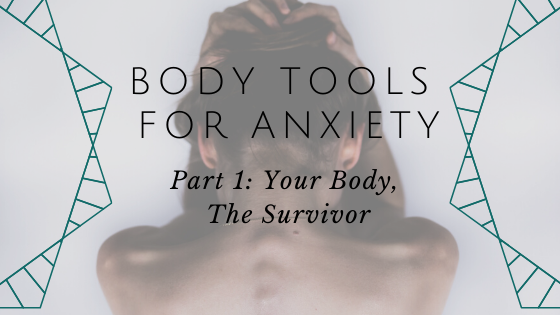
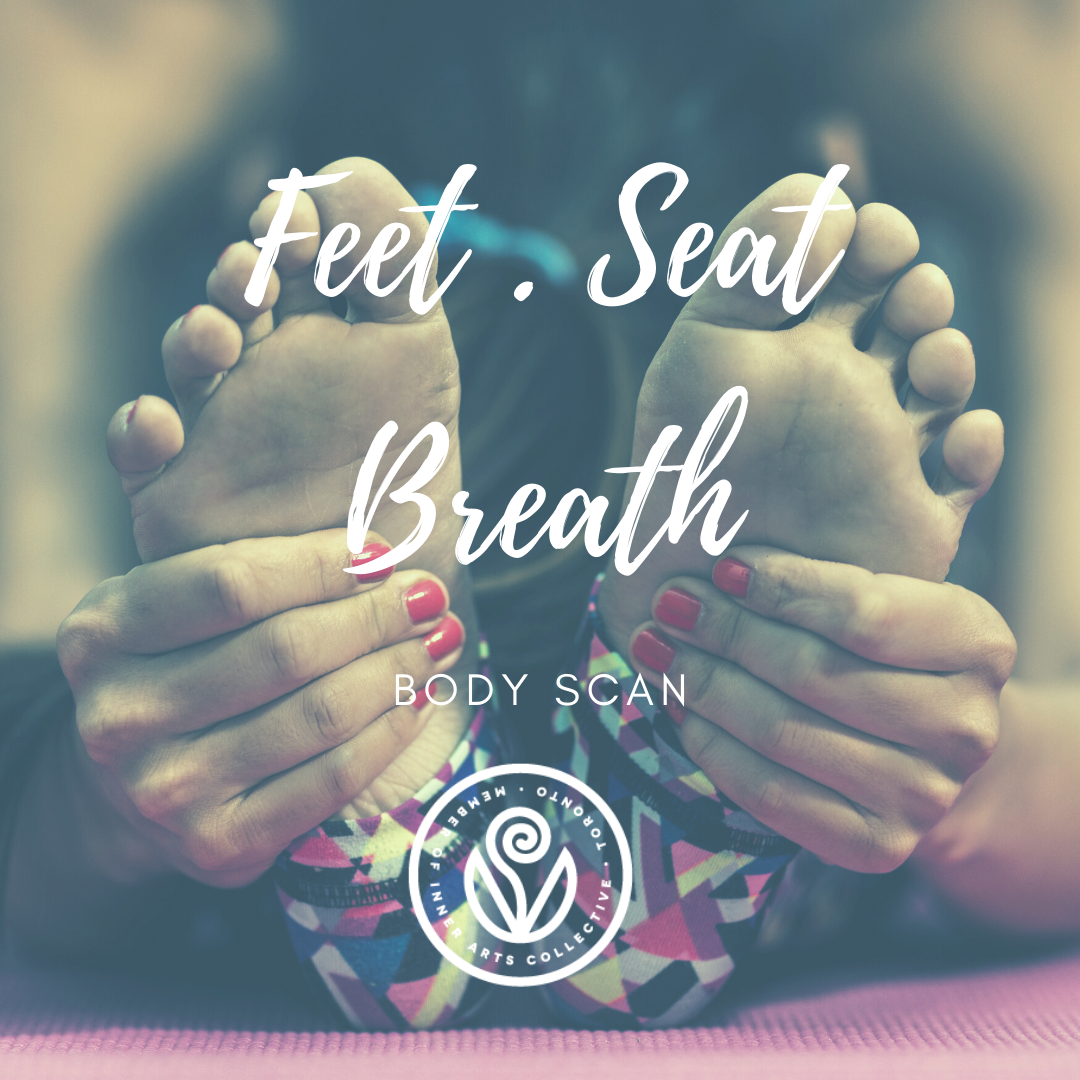
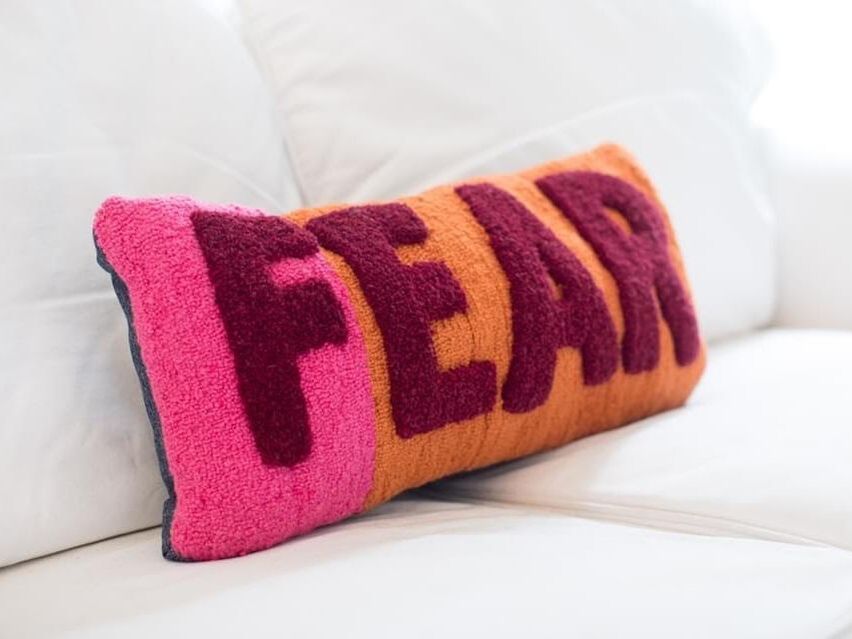

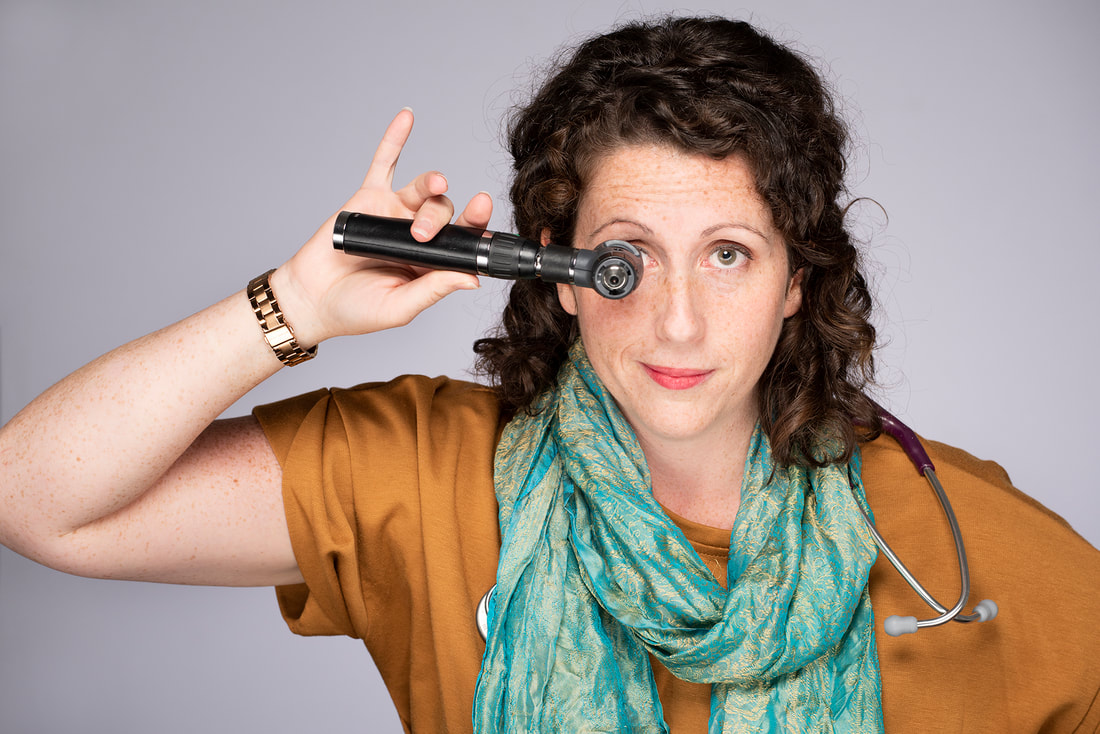
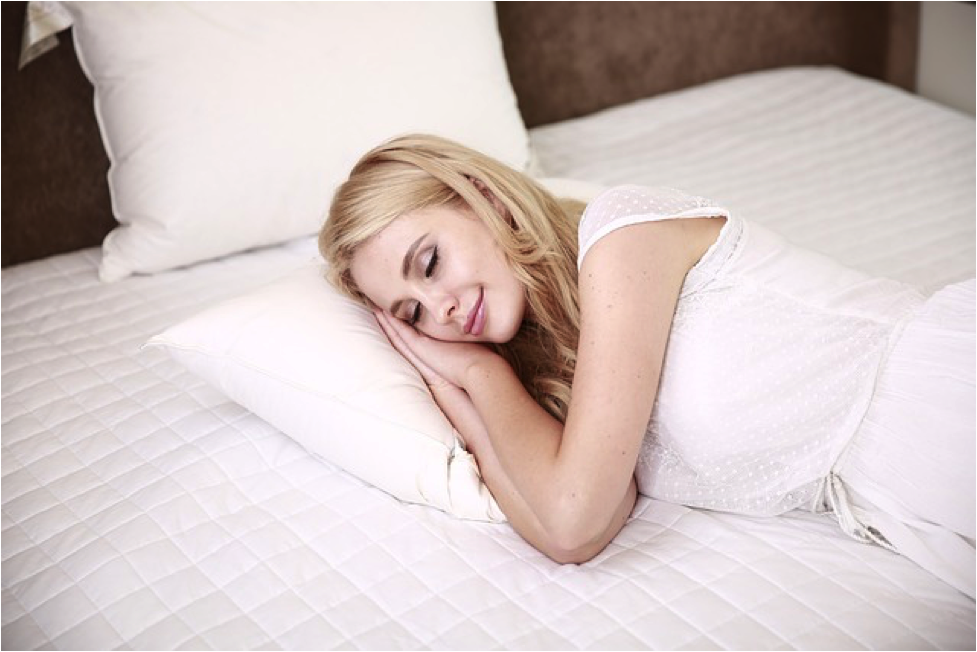
 RSS Feed
RSS Feed